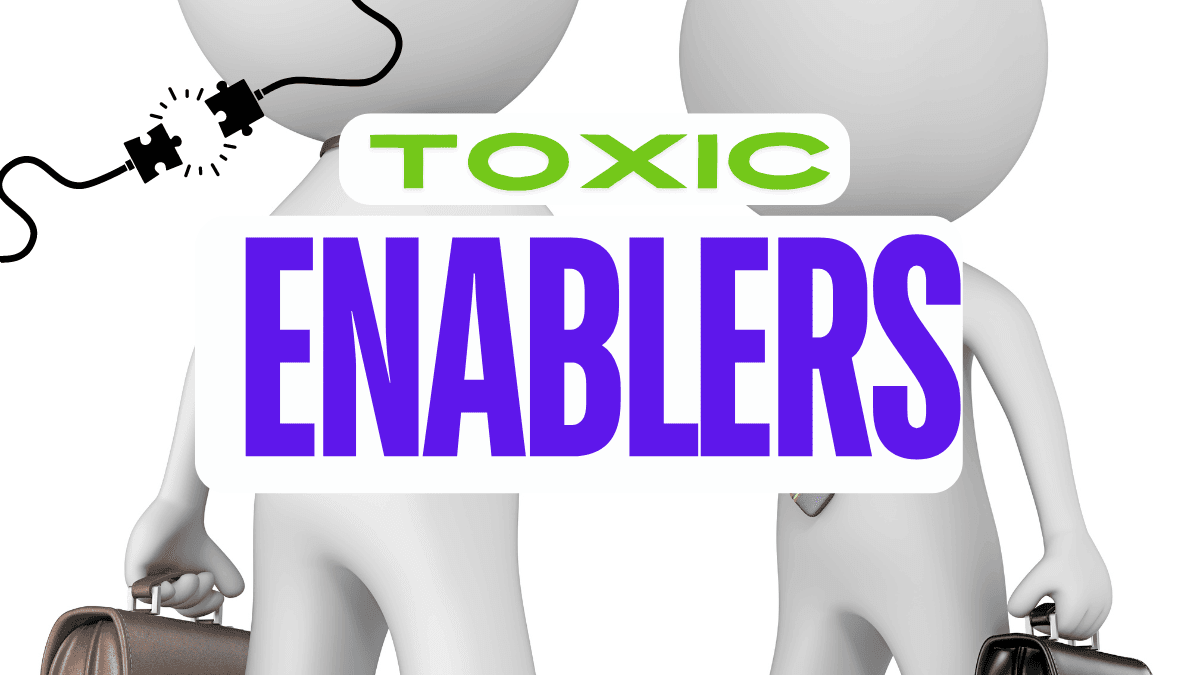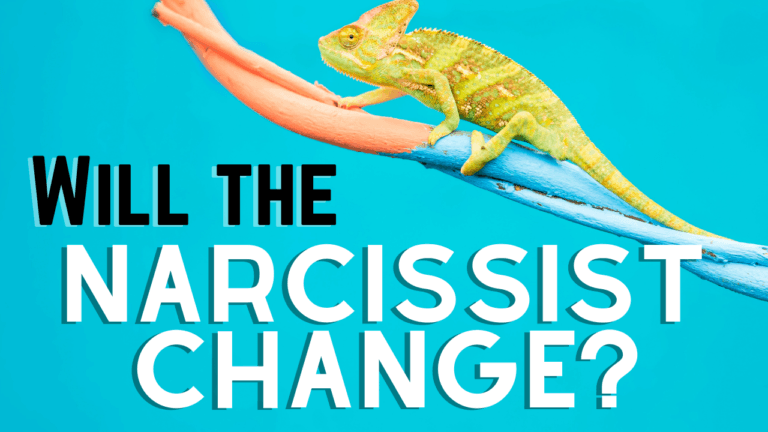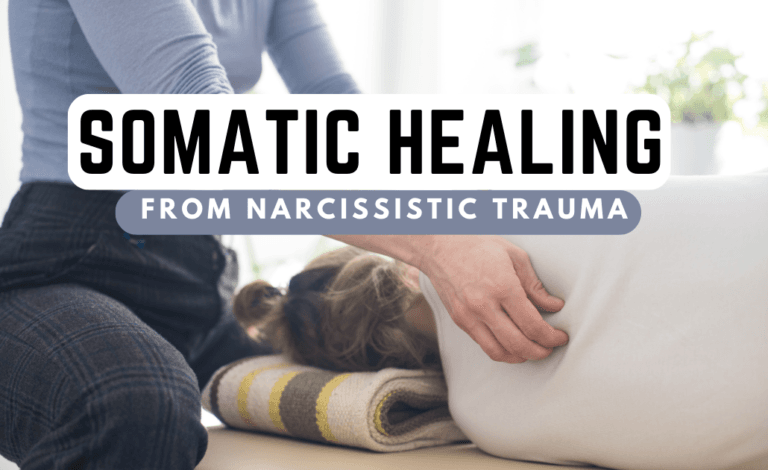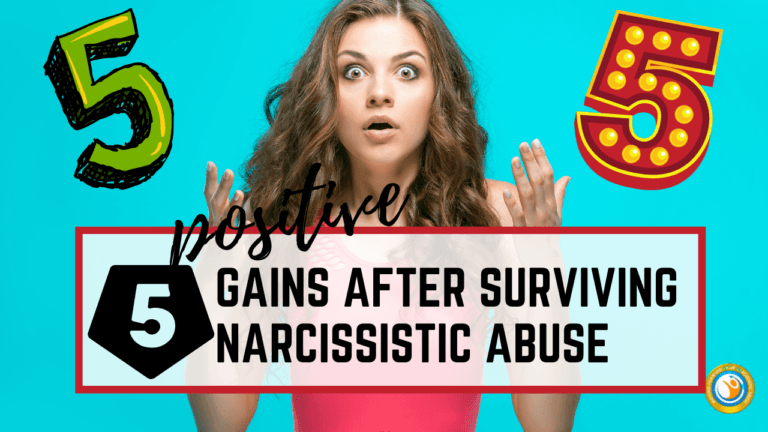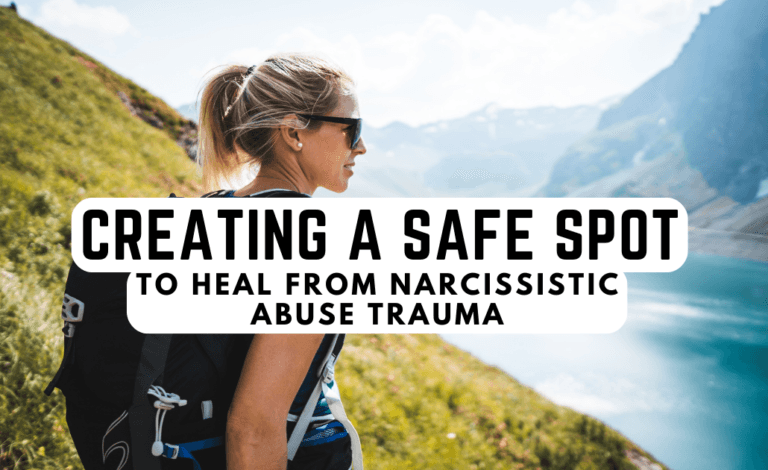7 Common Traits of a Narcissist's Enablers: How to Recognize and Respond to Them
Are You Enabling a Narcissist?
In the realm of narcissistic abuse, enablers play a crucial role in allowing the narcissist’s behavior to go unchecked. Whether they are friends, family members, or colleagues, enablers often support or excuse the narcissist’s toxic actions, either knowingly or unknowingly. Understanding the common traits of these enablers is essential for those who are trying to protect themselves from narcissistic abuse. In this article, we’ll explore seven common traits of a narcissist’s enablers and provide strategies for recognizing and responding to them.
1. Blind Loyalty
One of the most common traits of a narcissist’s enablers is blind loyalty. These individuals often maintain unwavering support for the narcissist, regardless of how harmful or toxic their behavior is. This loyalty can stem from a deep emotional attachment, fear of losing the narcissist’s favor, or simply a long-standing relationship that they are unwilling to jeopardize.
- Example: An enabler may dismiss or downplay the narcissist’s abusive behavior, insisting that “they didn’t mean it” or “they’re going through a tough time,” instead of acknowledging the harm being done.
2. Conflict Avoidance
Many enablers are conflict-averse and will go to great lengths to avoid confrontation, especially with the narcissist. They prefer to keep the peace rather than address the narcissist’s problematic behavior, which only serves to perpetuate the abuse. Their desire to avoid conflict can make them complicit in the narcissist’s manipulation and mistreatment of others.
- Example: An enabler might encourage others to “let it go” or “not make a big deal out of it” when the narcissist acts out, all in an effort to avoid a confrontation.
3. People-Pleasing Tendencies
Enablers often have strong people-pleasing tendencies, making them particularly vulnerable to a narcissist’s charm and manipulation. They may go out of their way to satisfy the narcissist’s demands, even at the expense of their own needs or the well-being of others. This behavior reinforces the narcissist’s sense of entitlement and encourages their abusive behavior.
- Example: A people-pleasing enabler might continually agree with the narcissist’s opinions or comply with their unreasonable requests, reinforcing the narcissist’s belief that they are always right.
4. Denial of the Problem
Denial is another common trait among enablers. They may refuse to acknowledge the narcissist’s harmful behavior or downplay its impact on others. This denial can be a coping mechanism, allowing the enabler to maintain their relationship with the narcissist without confronting the uncomfortable reality of the situation.
- Example: An enabler might claim that the narcissist is “just misunderstood” or that “everyone has flaws,” minimizing the seriousness of the narcissist’s actions.
5. Fear of Retaliation
Some enablers are driven by a fear of retaliation from the narcissist. They may have witnessed or experienced the narcissist’s vindictive behavior firsthand and are unwilling to risk becoming the next target. This fear can lead them to support or excuse the narcissist’s actions, rather than standing up against them.
- Example: An enabler might remain silent when witnessing the narcissist’s abusive behavior, fearing that speaking out would result in backlash or punishment from the narcissist.
6. Co-Dependency
Co-dependency is a dynamic where the enabler’s identity and self-worth are closely tied to their relationship with the narcissist. Co-dependent enablers often feel a deep sense of responsibility for the narcissist’s emotions and behavior, and they may go to great lengths to meet the narcissist’s needs, even if it means neglecting their own well-being.
- Example: A co-dependent enabler might constantly seek the narcissist’s approval, sacrificing their own happiness and needs to keep the narcissist satisfied.
7. Rationalization of Abuse
Enablers often rationalize or justify the narcissist’s abusive behavior, finding reasons to excuse or explain away their actions. This rationalization can take many forms, such as blaming external circumstances, attributing the behavior to stress, or claiming that the narcissist “didn’t mean it.” This mindset allows the enabler to remain in the narcissist’s orbit without confronting the reality of their behavior.
- Example: An enabler might say, “They were just stressed out” or “They had a rough childhood,” as a way to justify the narcissist’s abusive actions.
How to Recognize and Respond to Narcissist Enablers
Recognizing the traits of a narcissist’s enablers is the first step in protecting yourself from the toxic dynamics they perpetuate. Here are some strategies for dealing with enablers:
Set Clear Boundaries: Establish firm boundaries with enablers to protect yourself from their influence. Make it clear that you will not tolerate excuses for the narcissist’s behavior or attempts to minimize the harm being done.
Seek Validation Elsewhere: If you are surrounded by enablers, seek out support from individuals who validate your experiences and recognize the narcissist’s behavior for what it is. This can help you maintain a clear perspective and avoid being gaslighted by enablers.
Educate Yourself: Learn more about narcissism and the role of enablers in perpetuating narcissistic abuse. Understanding these dynamics can empower you to recognize manipulation and protect yourself from its effects.
Limit Contact: If possible, limit your contact with enablers, especially if they refuse to acknowledge the narcissist’s harmful behavior. Surround yourself with people who support your well-being and respect your boundaries.
Trust Your Instincts: If something feels off about the way someone is defending or excusing the narcissist’s behavior, trust your instincts. Your feelings and perceptions are valid, and you have the right to protect yourself from toxic influences.
Conclusion: Protecting Yourself from Narcissist Enablers
Enablers play a significant role in sustaining a narcissist’s harmful behavior, often unwittingly contributing to the abuse of others. By recognizing the common traits of enablers and understanding how they operate, you can take steps to protect yourself from their influence. Whether it’s setting boundaries, seeking support, or limiting contact, empowering yourself against enablers is crucial for maintaining your mental and emotional well-being. Remember, you have the right to prioritize your own health and happiness, even in the face of toxic dynamics.
